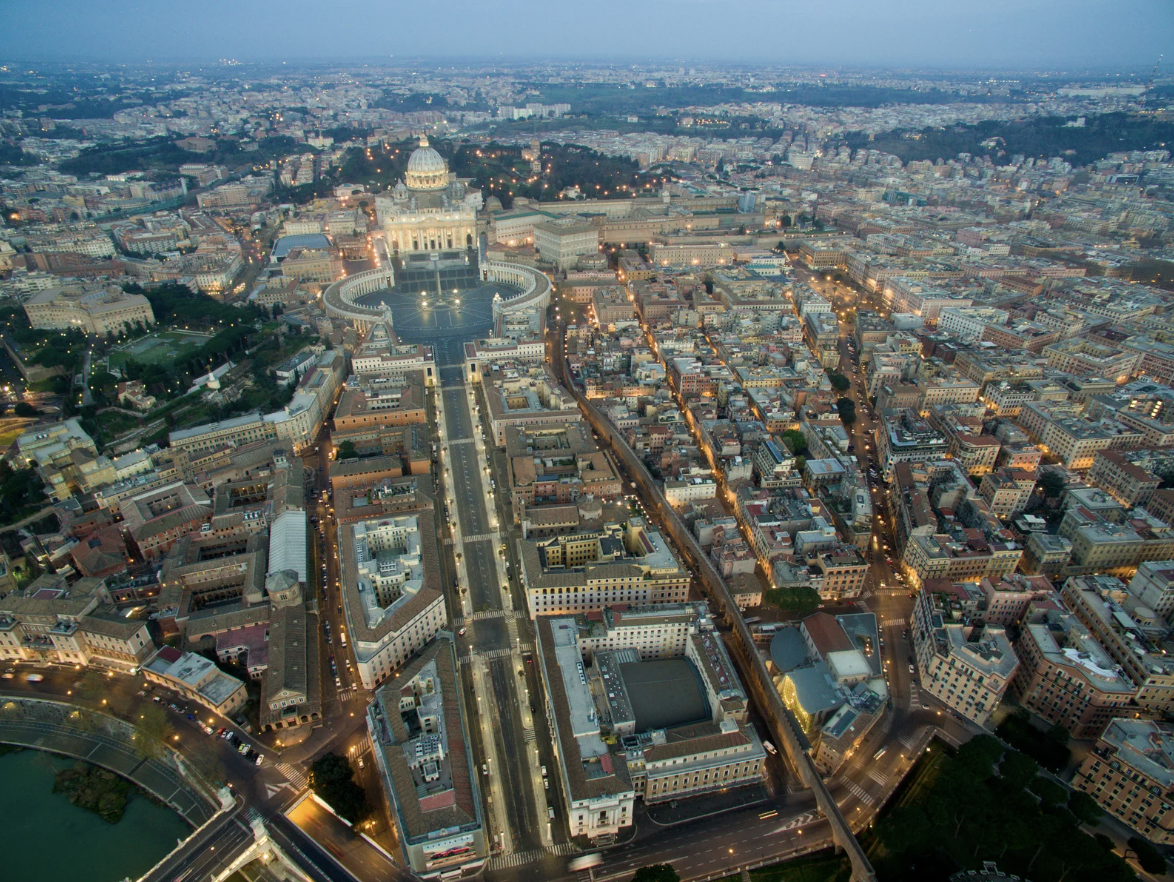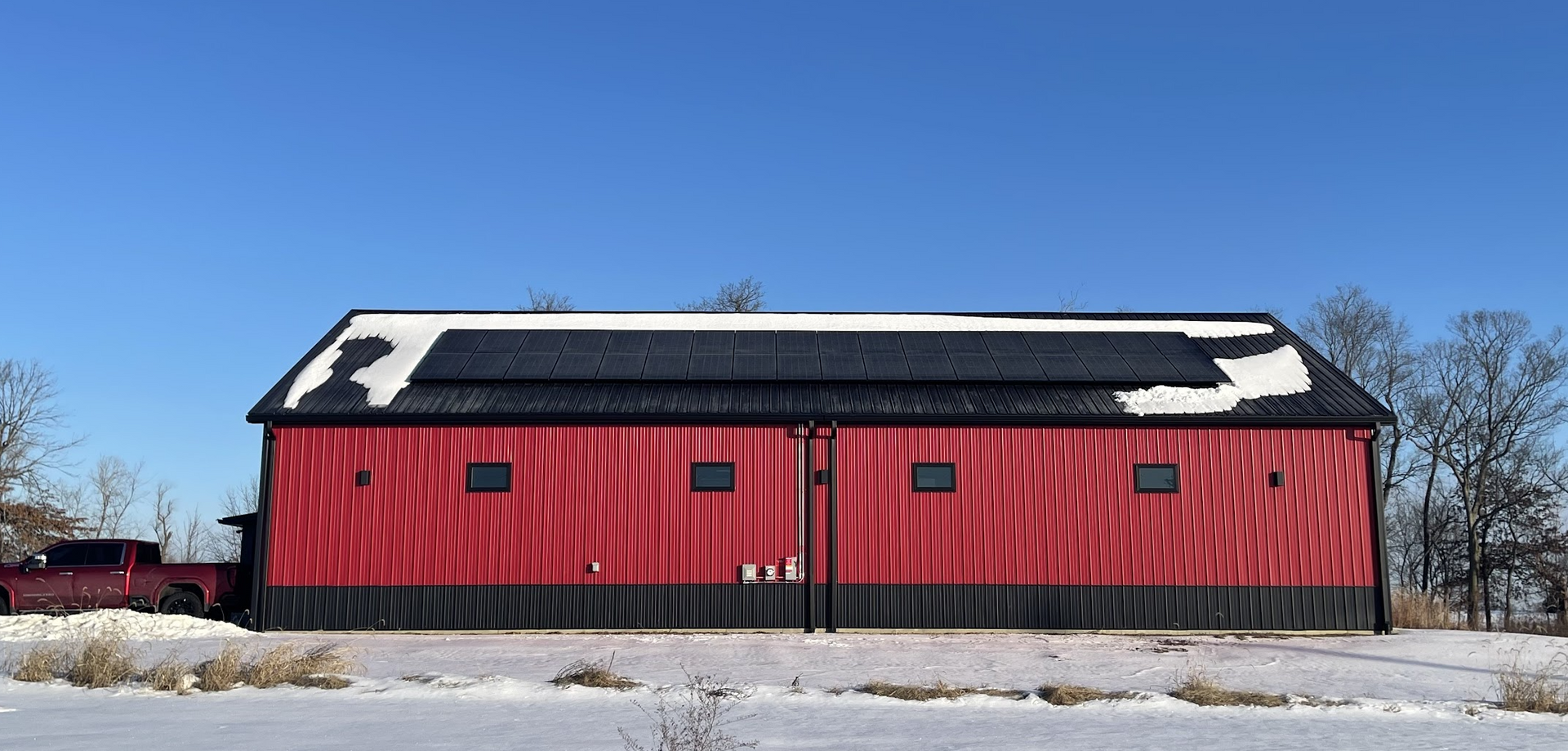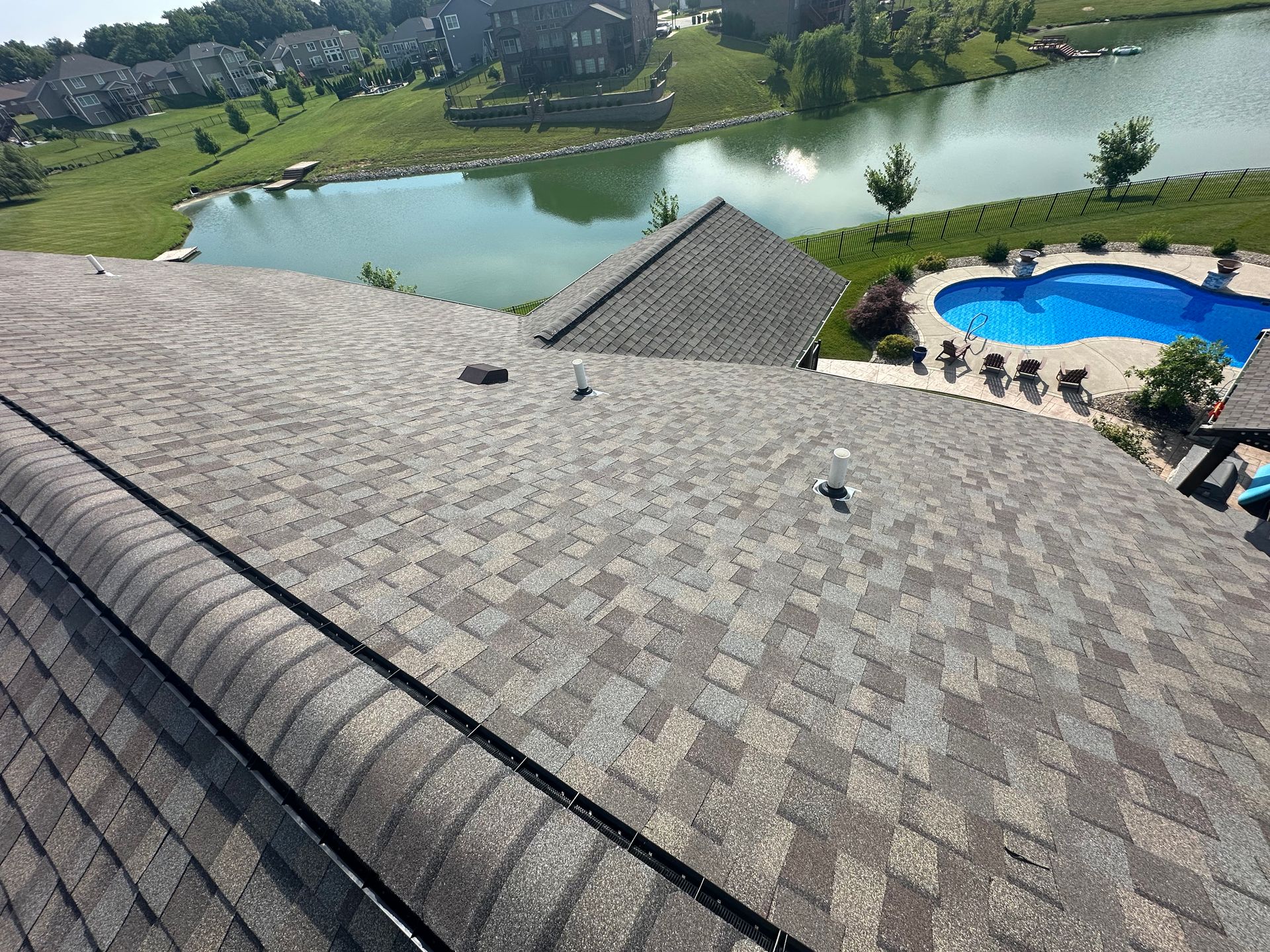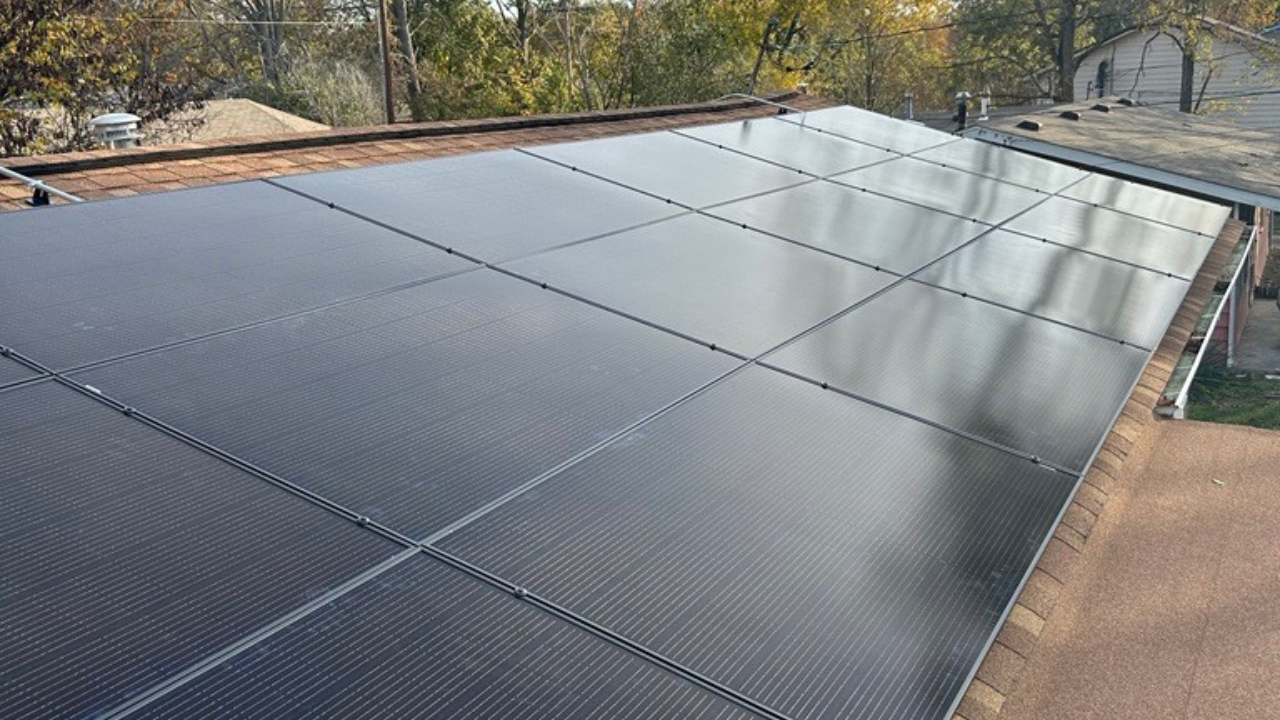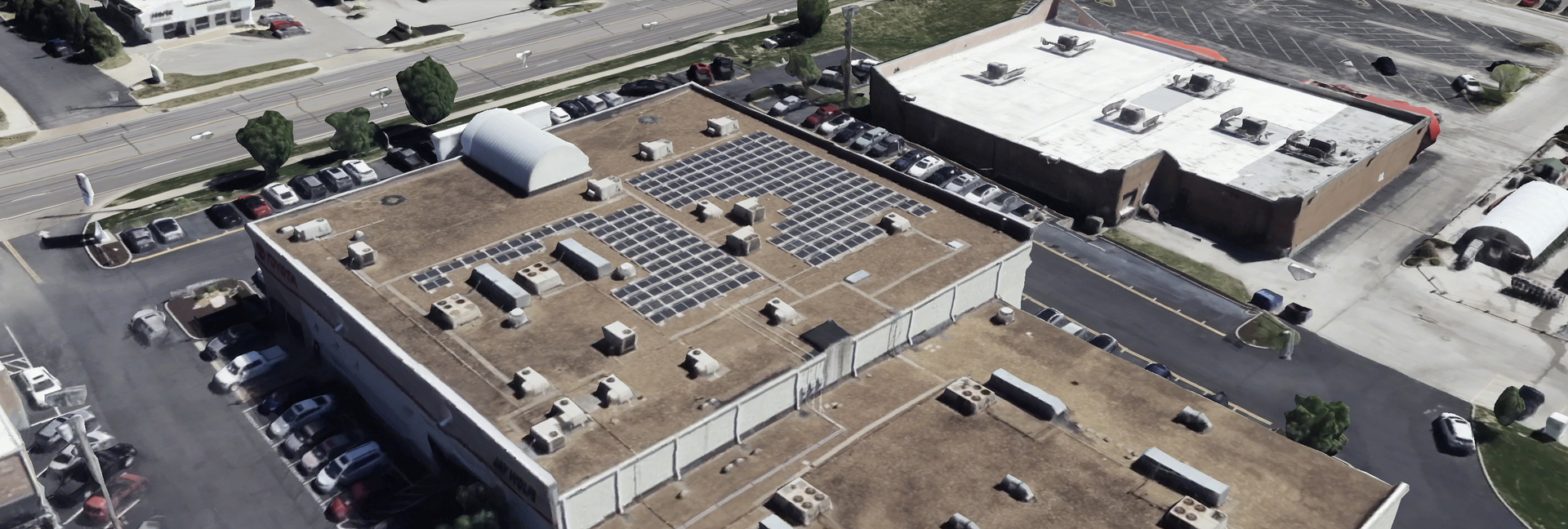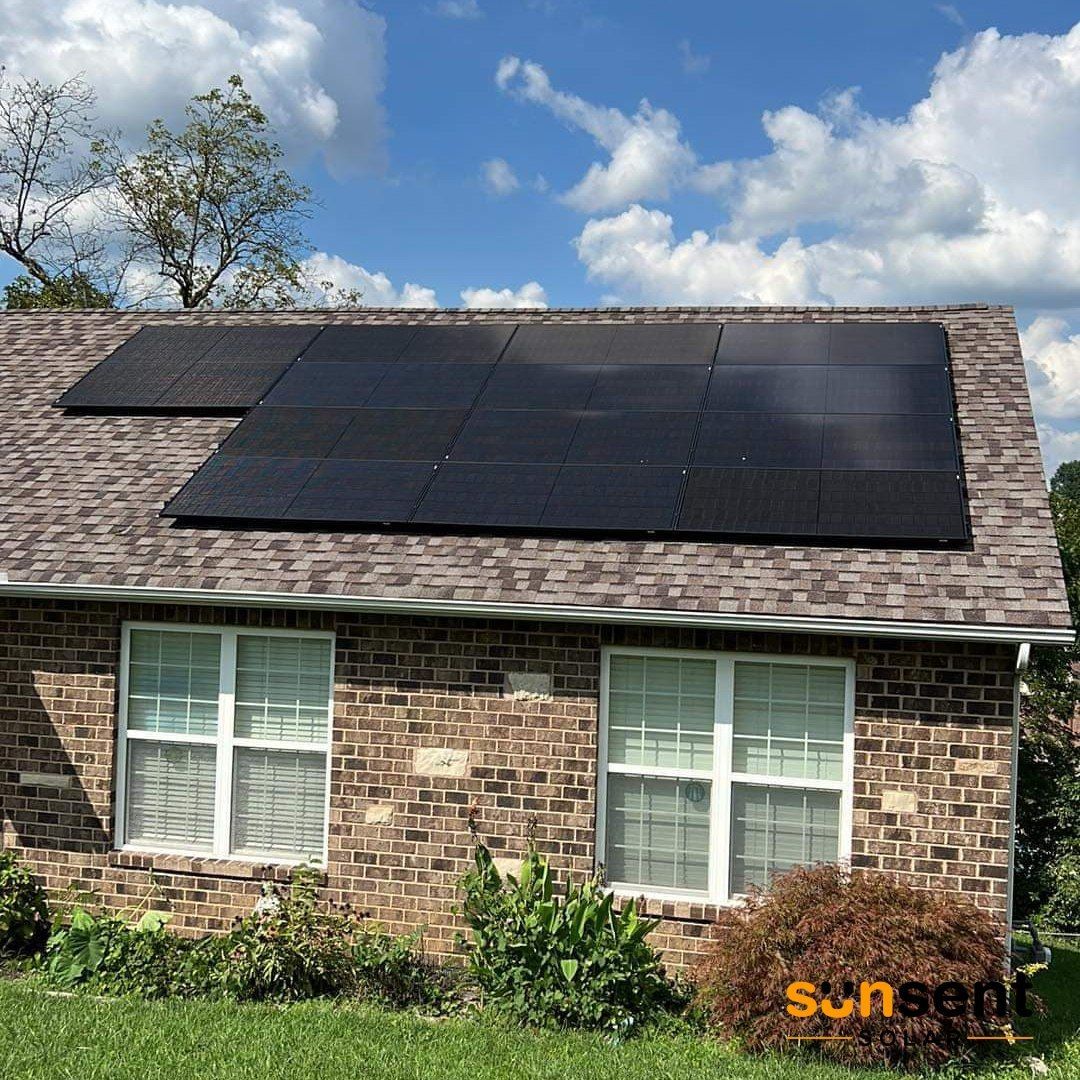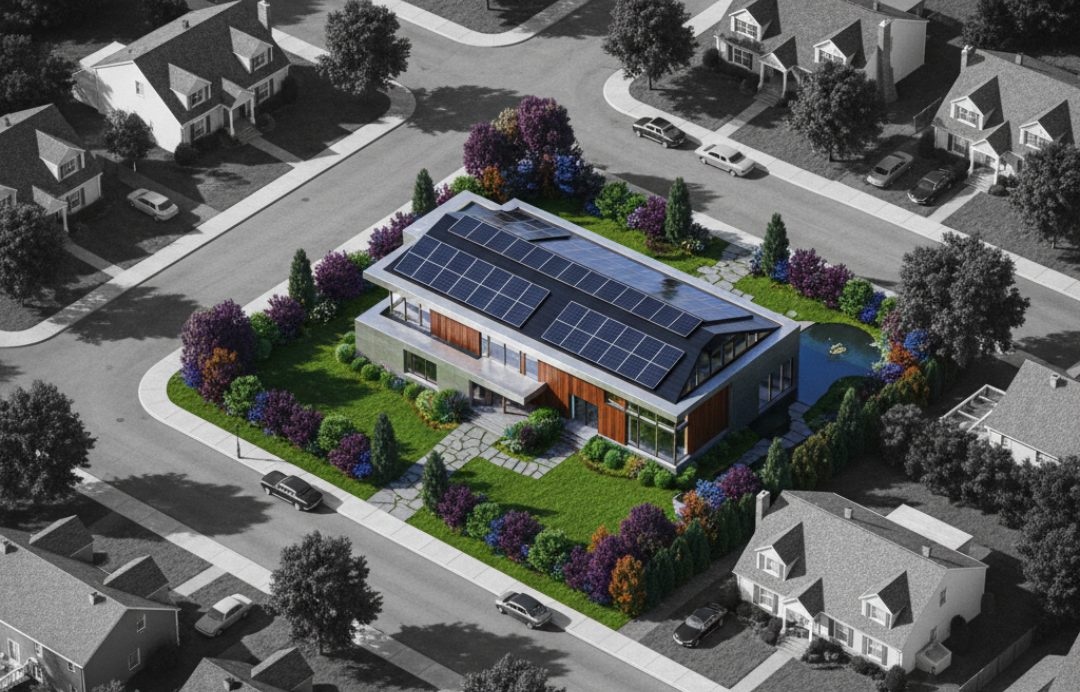Why Missouri's Nuclear Push Puts Ratepayers at Risk
Homeowners in Missouri are about to face a critical choice – one that could impact their energy bills for decades to come. Recent news has brought to light that state lawmakers have overturned a nearly 50-year-old ban, clearing the way for utility companies like Ameren to pursue new nuclear power projects that experts warn are "ungodly expensive" and "financially risky."
At SunSent Solar, we believe in transparent, affordable, and reliable energy for every Missouri and Illinois home. This latest development underscores the fundamental difference between centralized, risky energy projects driven by utility profits, and the empowering, cost-effective solution of rooftop solar.
The Return of CWIP: A Costly Burden on Missouri Ratepayers
In 1976, Missouri voters overwhelmingly rejected a policy known as Construction Work-In-Progress (CWIP). This policy allows utility companies to charge ratepayers for power plants while they are still under construction, before a single kilowatt of electricity is even generated. Voters then deemed it "unjust and unreasonable."
Fast forward nearly 50 years, and despite that clear voter mandate, Missouri lawmakers have overturned this ban. Why? Because experts say that building new nuclear power plants is such a bad investment for outside creditors that ratepayers are often the only source of funding left.
Nuclear: A History of Skyrocketing Costs and Delays
The track record of new nuclear power plant construction in the U.S. and globally is bleak:
- Astronomical Costs: The average new nuclear plant costs tens of billions of dollars. For comparison, utility-scale solar projects can be built for a fraction of that, sometimes less than $1 per watt, while nuclear can be $6,500 to $12,250 per kW or more.
- Massive Delays: On average, new nuclear plants take seven and a half years to complete. Historically, three out of four nuclear projects globally run behind schedule.
- Budget Blowouts: An MIT study found final costs for U.S. nuclear plants are often three times higher than expected.
- Real-World Failures:
- Georgia's Plant Vogtle: A recent expansion project cost $35 billion and took 15 years to build – $17 billion over budget and 7 years past deadline. Ratepayers paid about $1,000 each before seeing any energy.
- South Carolina's Nukegate: A project that was abandoned before generating any electricity, still costing ratepayers billions of dollars.
Utility Profits Over Ratepayer Protection
While Ameren denies it would profit more from nuclear than renewables, energy experts strongly disagree. Missouri law allows regulated monopoly utilities to include guaranteed profits (potentially 9.5% to 10.5%) in their total project costs.
As one expert noted, "Building a nuclear plant is a ton of money, all at once, rather than the piecemeal profits generated from multiple solar plants and wind farms." This means the more expensive a project like a nuclear plant is, the more guaranteed profit utilities can collect from you, the ratepayer, even if the project is delayed, abandoned, or never truly needed.
The "No Guarantee" of Future Demand
A major driver for this nuclear push is the forecasted surge in energy demand, largely from data centers. However, there's a significant gamble here:
- Speculative Demand: Specific information about these data centers is often withheld, and there's "absolutely no guarantee" they will actually choose Missouri. Other states offer competing incentives.
- Ratepayers on the Hook: If these data centers don't materialize, Missouri ratepayers will be left footing the bill for "ungodly expensive" power plants they don't need.
This high-stakes gamble is being made with your money.
A Smarter, Safer Path: The Power of Home Solar
In stark contrast to the financial risks and uncertainties of large-scale nuclear projects, rooftop solar offers a path to energy independence that is cost-effective, predictable, and puts control directly in your hands.
- Lower Upfront Costs: A typical home solar system costs a fraction of what utilities want to spend on nuclear, especially with the 30% Federal Solar Tax Credit (which could end soon – act now!). For example, an average 10kW system in Missouri costs around $32,143 before incentives, dropping to $22,500 after the federal credit.
- Faster Deployment: Residential solar systems can be installed and generating power in weeks to months, not decades.
- Predictable Energy Bills: By generating your own power, you lock in your electricity costs for 25+ years, protecting yourself from volatile utility rate hikes and the hidden costs of their massive infrastructure projects.
- Distributed Resilience: Instead of relying on a single, massive (and vulnerable) power plant, residential solar creates a resilient, distributed energy network. Add a battery, and you have backup power when the grid fails.
- Tangible Value: Solar panels increase your home's value, offering a direct return on your investment, not a utility's.
Choose Your Energy Future with SunSent Solar
While state lawmakers push for expensive, risky energy projects, you have the power to choose a different path for your home and your wallet. Investing in solar is not just an environmental decision; it's a sound financial one that offers stability and independence in an uncertain energy landscape.
At SunSent Solar, we empower Missouri and Illinois homeowners to take control of their energy future. Our local, expert teams provide transparent pricing, seamless installation, and dependable service, ensuring you get the most out of your solar investment without contributing to risky utility gambles.
Don't let your bank account go nuclear. Choose clean, reliable, and affordable solar power instead.
Ready to explore a smarter energy solution for your home? Contact SunSent Solar today at 636.757.3083 for a free, no-obligation consultation!
